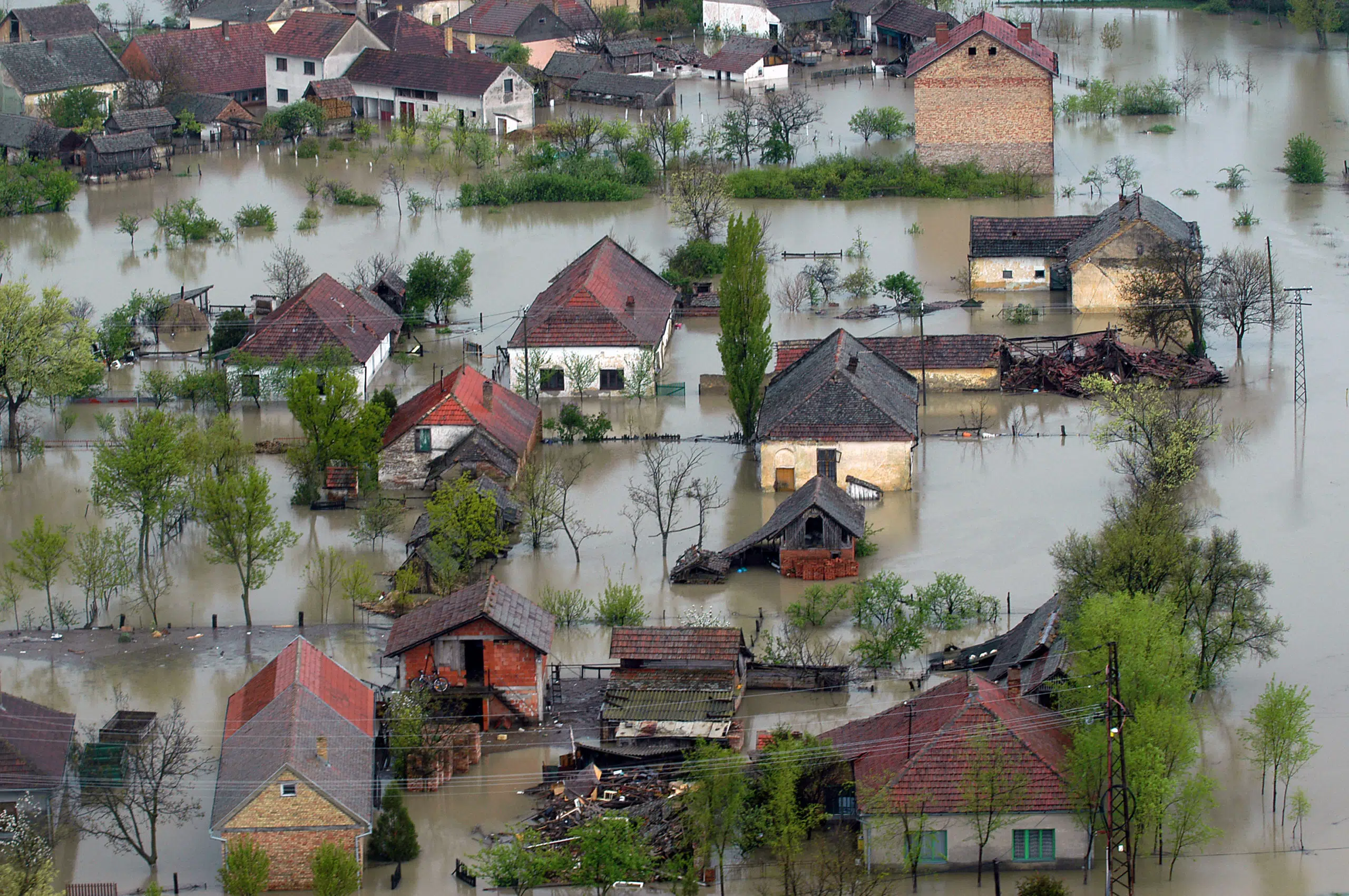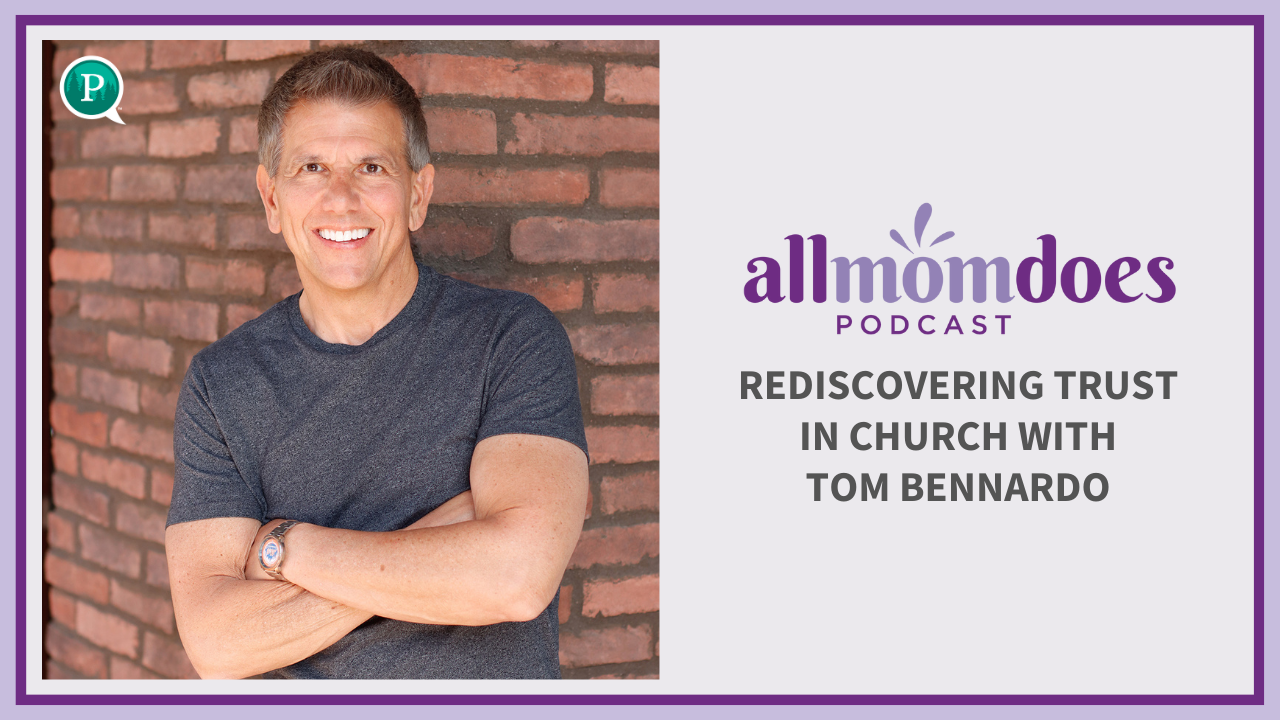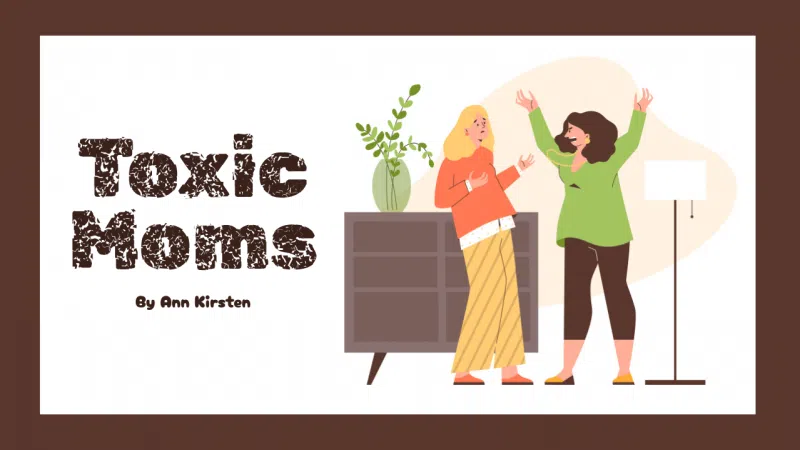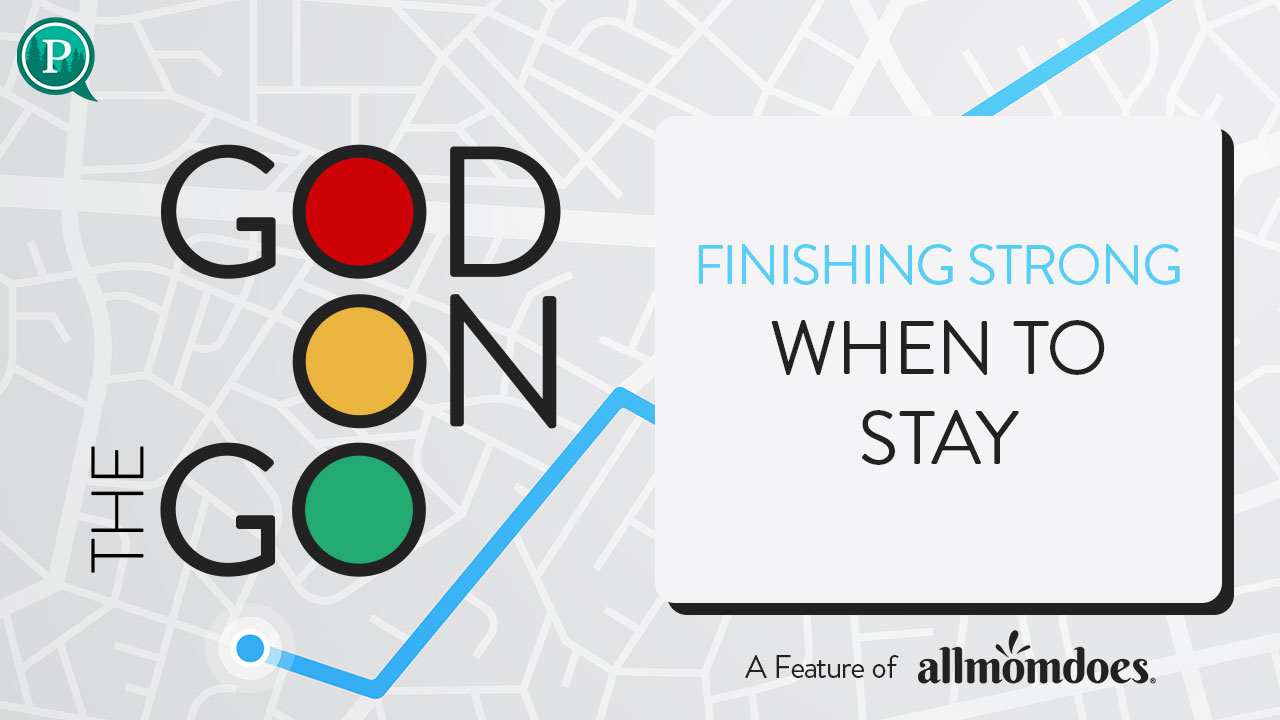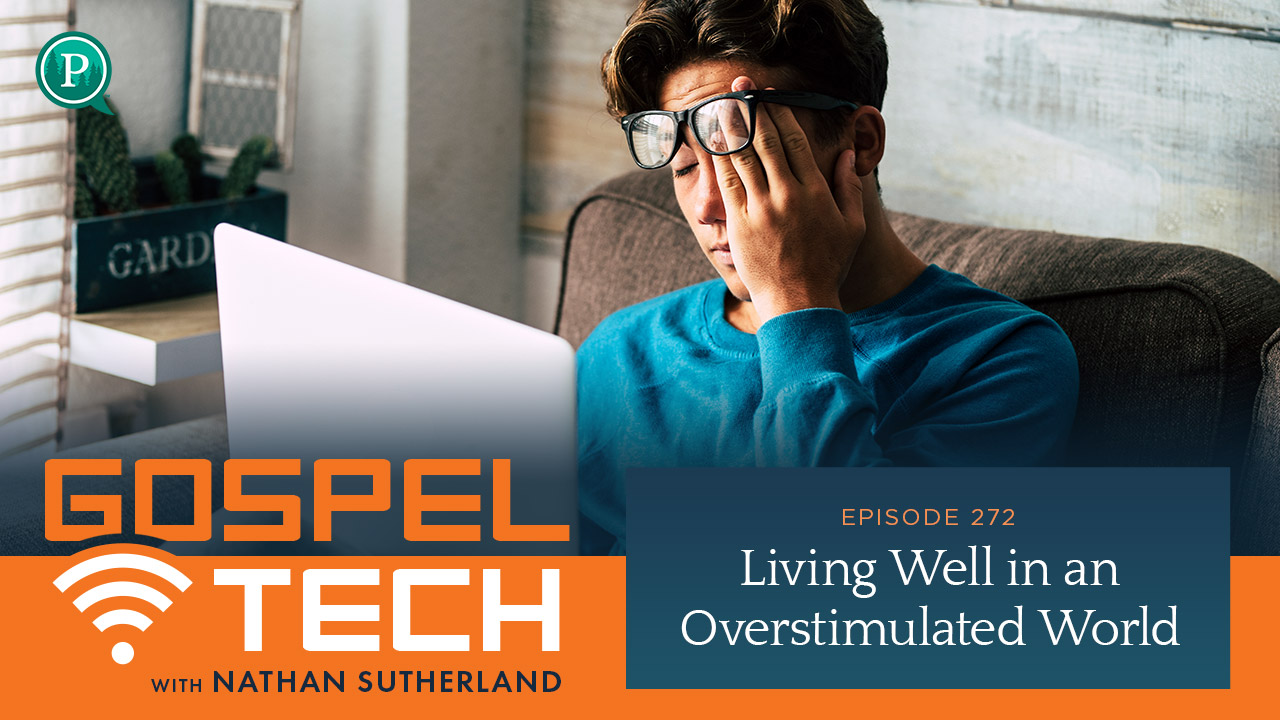We turned off of our street on the island and began the long climb over the expansion bridge. I’d stuffed photo albums, my wedding dress, some baby items, and important documents in the back of our SUV. Our furniture was still back at the house, stacked at crazy angles like a demented life-size game of Tetris, an attempt to keep it from getting soaked.
We were evacuating the island ahead of a hurricane.
It was Hurricane Rita we were running from that time, back in 2005. We were living on North Padre Island, on the coast of Texas. Hurricane Rita hooked last minute in the Gulf, sparing our little island, while charging ahead up the coast and inundating Houston with rain, and incurring major damage in Louisiana, Mississippi, Alabama, and Florida.
Three years later found us hurricane watching again, boarding up windows. We had moved by that point to Austin, Texas, but our house on the coast was still on the market, and another hurricane had entered the Gulf. Michael made the trek with several of the kids to secure the house as Hurricane Ike bore down on the Texas coast.
We had gone from tornado shelters in our time in living in Oklahoma to becoming hurricane evacuees in Texas, all with toddlers and young kids and preteens and teens.
It all makes for some interesting conversations with your kids.
You may have had experience in having to respond in real time to natural disasters in your part of the world. Or it may be something you’ve been fortunate to watch from a distance, the scenes on television news riveting and alarming. Whatever your place, either in dealing with it first hand or from afar, how do you deal with talking to your kids about those occurrences in nature that are so huge in scope, so costly in homes and businesses and sometimes human lives, with the very people you most want to protect…your kids?
1. Frame the experience with honesty. If you find yourself personally impacted by a natural disaster, trying to fib or gloss over what’s going on isn’t an option, anyway. We certainly didn’t try to tell our young kids that we were just going on a little road trip when we evacuated. They were well aware that I was hauling pictures off the walls and searching for passports as I hurriedly packed us up. What we did tell them was that we were leaving ahead of a storm and that we didn’t know exactly how bad the storm would be. We told them that we were going to stay with some friends and that we would be together. We explained what a hurricane was, we gave a brief overview of what a hurricane could do, and then, as best we could, we got on with getting packed up and out the door. When we were living in tornado-prone Oklahoma and had to sometimes take shelter in a storm, we operated the same way. To not be honest with our kids would have been unfair. They knew something was up; we saw it as an opportunity for them to learn that we would be honest and straight with them, in language and description that they could handle at their ages.
2. Don’t try to hide it. Just because you may not be personally living through the ramifications of a natural disaster doesn’t mean you should hide what’s going on in the broader world from your kids. Kids are naturally curious, and storm cycles and other phenomenon are challenging and fascinating. Monitor what kind of images your kids are seeing, but don’t withhold information about what these phenomenon are and how they can impact communities. It’s part of life on this planet and it is sometimes part of the human experience. We want to raise kids who are equipped to deal with a crisis of this sort, should it come their way, not kids who have no idea what to do in the midst of a weather emergency. Avoid trying to soothe over a natural disaster with phrases like, “That could never happen here.” Obviously, there are certain areas of the country that aren’t at risk for certain types of natural phenomenon. But simply living on this planet means that things can happen, no matter where you live. To try to assure a child that they will never face a natural disaster simply isn’t fair or true. It is helpful to let them know that meteorologists, peace officers, scientists, city governments, help us to know where to go and what to do if disasters do occur. And we can empower our kids to know that God is with us and that He can provide wisdom for challenging situations.
3. Make the most of the situation. I love what my friend Shannon Lafayette said when I interviewed her, following the damage to their home in Port Aransas from Hurricane Harvey. She said, “You can have beauty from ashes.” I asked her how they were talking to their two young elementary age kids about this experience. She said, “We’re telling them that this is a natural disaster, and there’s nothing we can do about it, and that when we get back home we’re going to help people, and, you know, make it work.” I watched in awe the video of a guy catching a fish with his bare hands in the middle of his flooded living room in Houston. My husband Mike laughed with tears in his eyes at the cell phone video of people waterskiing down the flooded streets of their neighborhoods. To see people choosing courage and bravery and joy in the midst of crazy circumstances is beauty in the midst of ashes.
4. You don’t have to have your theology all figured out. We sometimes veer away from talking about tough situations with our kids because we ourselves are struggling to understand how God intersects with such horrible circumstances. Guess what? That’s okay. King David, a man who walked so closely with God, who had such insight, often found himself not sure what God was up to, not understanding various situations he was seeing. Our kids can handle more than we think. It’s enough to say, “I don’t know why these things sometimes happen. It is sad. I don’t know why God lets some of these things happen. But we know that He loves us and we know that we can pray for others.” Trying to convince our kids with pat answers that we ourselves are struggling to accept isn’t necessary. We can model what it is to trust a mysterious and powerful and loving God.
5. Take your child’s personality into consideration. As I wrote about in my book, Raising an Original, my son Justus really struggled with fear and projection of worst case scenarios as a little kid. It would have been far easier to have shielded him from any kind of bad news, given that he was so good at spooling up his own imagined disasters. But we chose not to do that. We were intentional to create a calm and businesslike environment when it came to going to a tornado shelter or evacuating ahead of a hurricane, and we hoped to convey through that a sense of capability to him. While we remained vigilant to not overwhelm him for his personality, we did show him that, even afraid, he could still function and help. Now, years later, he’s empowered and capable…and honest that he still gets freaked out. But he knows how to move forward and do what needs to be done, instead of freezing in his fear. It was a path that needed to start early for him.
I’d love to not have to have conversations like this with my kids. But it’s necessary. It’s important. When natural disasters occur, we can go silent in fear and avoidance.
Or we can rise and help and spread compassion and resources and heart.
Whether we speak or go quiet, our kids are listening.
Speak well.
